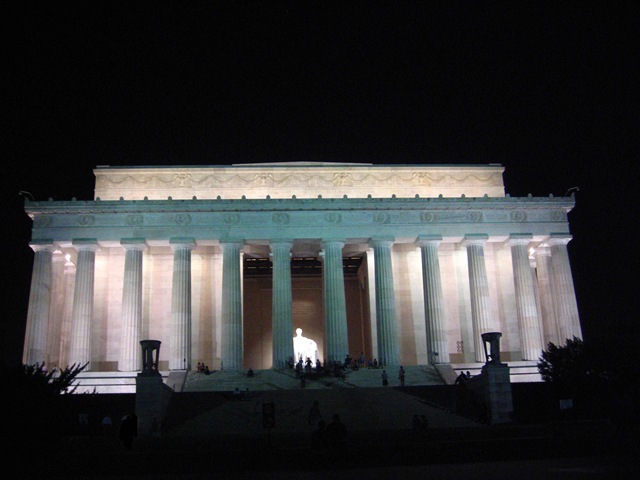How did Alexander create his own myth?
Alexander created his own myth by making himself seem as if he was eternal and godlike. His quotes that he was said to have spoken to his army made him seem as if he was a philosopher rather than a regular person. He built himself up by the myths and legends to be godlike, like he was better than everyone else and could be everyone and anyone he battles. Yes, he was a great leader and fighter for his empire, but he was not, by any means, godlike. I think that Alexander created his own myth by having his own personal note-keeper about everything that happened during his rule and when he attacked Persia. I think that he was able to make himself seem so extraordinary because this man was working for him, getting payed from him, so I think that if Alexander wanted to tweak some stuff up a little bit, he would do that for him. I am not saying that he changed everything and that this is all one big lie, but I feel like maybe this note-keeper could build Alexander up with his words if Alexander said so. I do believe, however, that Alexander was a great ruler. He could fight as well as all of his soldiers, he messed with the mind of many leaders, and he was very smart with how to beat an army like the Persians. The Persians greatly outnumbered the Macedonian army, but the Macedonians still ended with the victory. I believe that this is thanks to not only the soldiers, but Alexanders great thinking skills on how to beat such a colossal army and empire. This is how I think Alexander created his myth, being an amazing leader, but maybe a little tweaks of the writing here and there to make him seem even better. He also had the confidence of a legendary man though, so maybe the way he told the note-taker to take notes is actually the way he truly and honestly thought of himself.




